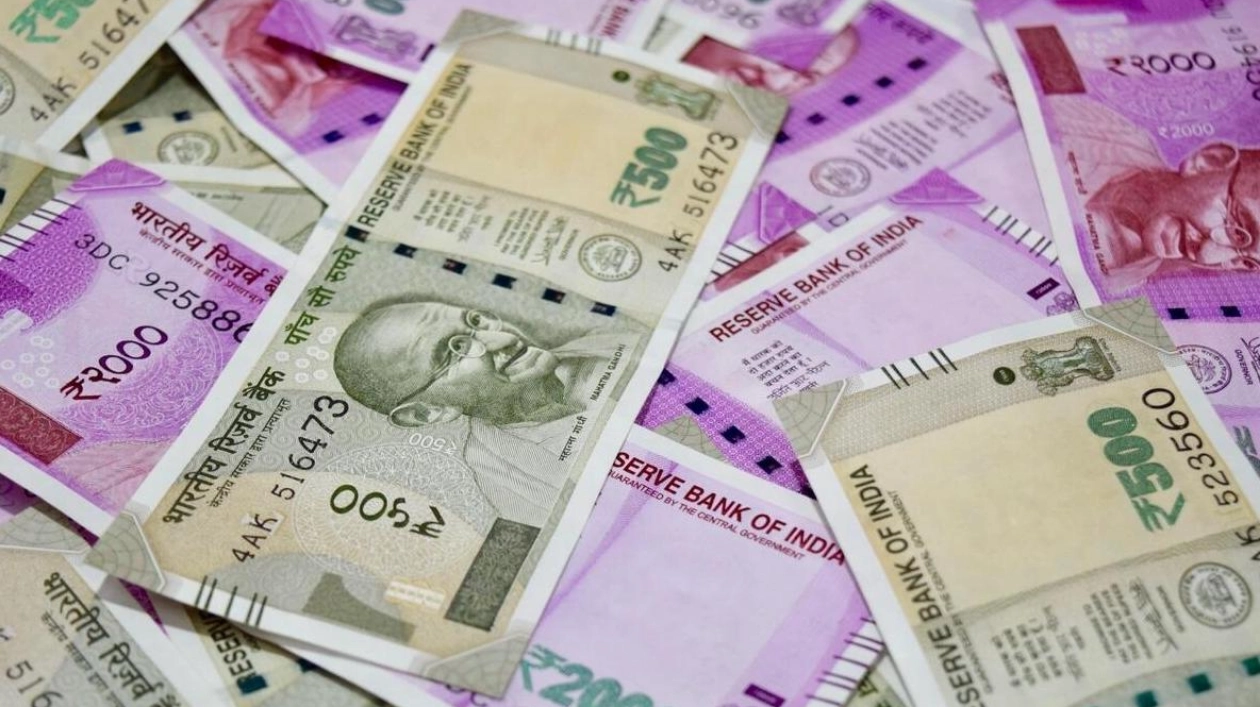The Indian Government's e-Marketplace (GeM) platform, launched a few years back, has proven to be highly successful in aiding small businessmen. It has allowed small entrepreneurs to engage in government tenders at any time, thereby breaking the monopoly of established service providers. Presently, this platform boasts over 370,000 buyers and more than 2.1 million sellers across approximately 12,000 products and over 320 service categories. Notably, service contracts have been particularly successful, with a gross market value of Rs4 trillion achieved in the last financial year ending March 1, 2024. The Commerce Ministry is leveraging artificial intelligence extensively, including a generative AI-based chatbot to assist potential customers. To enhance business ease, transaction charges have been significantly reduced, with only 0.3% of the order value charged for orders between Rs500,000 and Rs100 million, and a flat fee of Rs300,000 for orders exceeding Rs100 million. Additionally, the caution money deposit for new sellers with turnovers up to Rs10 million has been reduced from Rs5,000 to Rs2,000. Currently, Korea's online e-procurement system holds the largest turnover at $85 billion in the last fiscal year, with 75% related to works contracts. Indian Government officials anticipate that GeM will become the world's largest public procurement platform in the current financial year 2024-25.
The Indian Government is actively supporting micro, small, and medium enterprises (MSMEs) through various incentives, particularly those engaged in labor-intensive manufacturing. Technological support is provided to help these enterprises compete globally. Term loans are offered for machinery and equipment purchases without requiring collateral or third-party guarantees. A new mechanism is being established to ensure continued bank credit to MSMEs during periods of financial stress, preventing loans from being classified as Non-Performing Assets. Furthermore, the Ministry of Corporate Affairs mandates all companies to report on payments to small businesses every six months, ensuring timely payments. E-commerce export hubs are being developed to facilitate international sales for traditional artisans.
Engaging in securities trading in India involves inherent risks. While profits can be sporadic, the potential for losses is significant. A recent Securities & Exchange Board of India (SEBI) study indicates that one in three investors in the stock market's cash section engages in intra-day trading, with seven out of ten traders experiencing losses. The number of intra-day traders in the equity cash segment has surged from 1.5 million in 2019 to 6.9 million in 2023, largely driven by traders from Tier 2 and Tier 3 cities with low turnover volumes. SEBI and the Reserve Bank of India have warned against speculative trading. Many uninformed investors have ventured into the equity derivatives segment, with SEBI reporting that nine out of ten such traders have lost money. To curb trading enthusiasm, the government has increased the Securities Transaction Tax (STT) rates, making intra-day trading and futures and options transactions more costly and risky.






